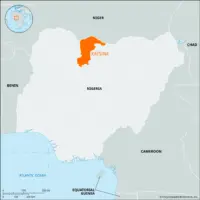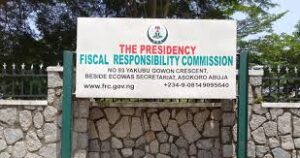The Nigeria Association of Chambers of Commerce Industry, Mines and Agriculture (NACCIMA) has warned against risking over $200 billion foreign direct investments from the country and putting more than 600,000 jobs at risk.
NACCIMA’s appeal was in reaction to the proposed tax reform targeting tax imposition on Free Trade Zones.
It was the second day of the ongoing public hearing on the tax reform bills by the House Committee on Finance.
Key players in the nation’s economy are still presenting memoranda on the four tax reform bills now at the Committee stage in the National Assembly.
NACCIMA, Manufacturers Association of Nigeria, (M.A.N) Arewa Consultative Forum and the Oil Producing Trade Sector, OPTS were some of the organisations present.

Read Also
For NACCIMA, the reform bills are necessary but caution should be taken against using the bills to undermine operations.
It claims the language of the bill, is militarised, and warns against legal issues and economic repercussions that may arise regarding section 57 of the Nigeria Tax Bill.
The Manufacturers Association of Nigeria commended the proposed reduction in company income tax from.30 per cent to 27.per cent as it speaks to Sections 187 and 189 of the Nigeria Tax Bill
In the submission of the Arewa Consultative Forum , the tax reforms proposed, should be well planned, properly communicated and strategically implemented
The Presidential Fiscal Policy and Tax Reform Committee and the Federal Inland Revenue Service provided explanations on some of the areas of concerns, especially the fears expressed by NACCIMA.
Chairman of the Presidential committee, Taiwo Oyedele, explained that while currency in circulation is about N4 trillion, money supply stands at over N100 trillion.
Both government officials allay NACCIMA’s fears.
The contentious provisions outlined in the Nigeria Tax Bill seeks to introduce minimum tax rates and remove long- standing tax exemptions for businesses operating within the free trade zones.
Some industry players say this contradicts Nigeria’s industrialisation and investment objectives.





